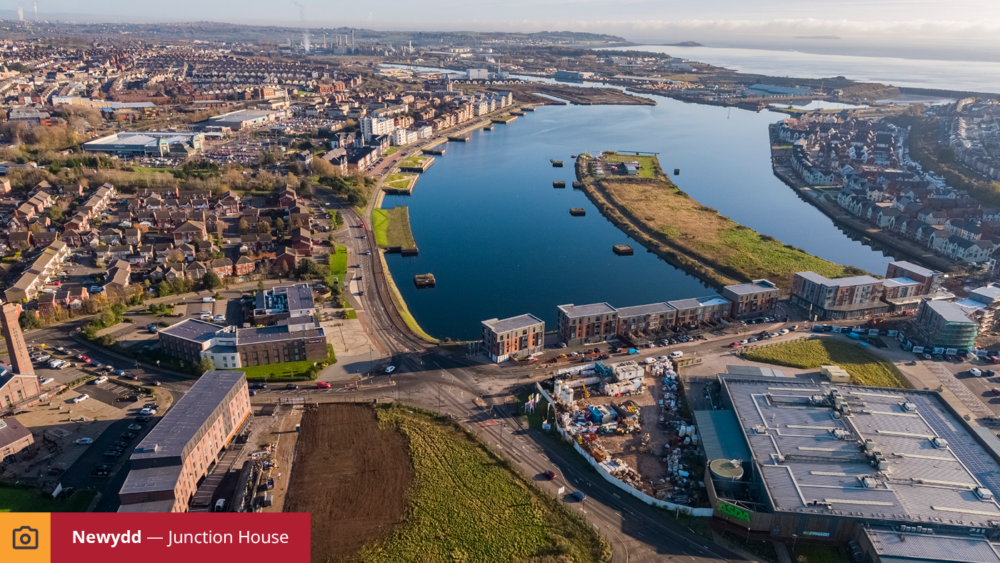Heat Strategy for Wales - what does it mean for housing?

Welsh Government has published its Heat Strategy for Wales, which details the path to net zero by 2050 across all sectors. In an 87-page document, the government has set out the challenges we will face, interventions we will need, and its ultimate vision for Wales.
Here, policy and external affairs manager Bethan Proctor analyses what it all means for Welsh housing.
While housing - including social housing - is not the sole focus of the Heat Strategy for Wales, it does cover heating and hot water for both buildings and industry. On this, the vision is for not only clean but affordable heat - which comes as no surprise to the social housing sector.
Under the linked objective is “a clear regulatory framework will be in place that supports net zero homes across all rented owner-occupied, and social housing”. As noted in the document, one of the policy drivers towards this is the already in place Welsh Housing Quality Standard (WHQS), which will improve the energy efficiency of existing and new social housing with the aim of bringing homes as close as feasibly possible to EPC band A and EIR band A. The Optimised Retrofit Programme is outlined as existing support towards this standard.
The strategy also recognises that engaging with UK Government will be key to putting the regulatory requirements in place. This will mean influencing UK Government's plans to ban gas boilers in new builds in 2025, and to phase out the installation of all new gas boilers beyond 2035.
Overall, it is positive to see that the strategy recognises the wider benefits to net zero such as how providing warmer homes can mean more affordable energy bills, new employment opportunities, boosts for the local economy, cleaner air across our towns and cities and energy security, reducing reliance on imported fossil fuels.
Housing associations are already on a strong path to decarbonisation, and this strategy has the potential to ensure this work can continue. Our research demonstrates that just through developing 75,000 new zero carbon homes by 2036 and decarbonising our existing homes we will see:
£23.2bn of economic activity across Wales;
creation of 50,000 jobs in the wider economy;
19,500 training and apprenticeship opportunities;
housing associations alone growing to employ a total of 16,000 employees.
However, what is missing from the strategy is a long term financial plan for WHQS. When the 2023 version of the standard was announced, we welcomed Welsh Government’s ambition to further improve the quality of social homes for tenants, especially around decarbonisation, which built on the sector’s hard work to fully comply with the previous iteration. But it still remains vital for Welsh Government to provide the essential tools and funding needed to allow housing associations to continue supporting tenants and investing in their homes.
The strategy recognises that access to finance is a key barrier to action, but unfortunately does not provide any solutions. We will continue to work with Welsh Government and other stakeholders to put forward the case for finance as well as explore innovative finance solutions.





